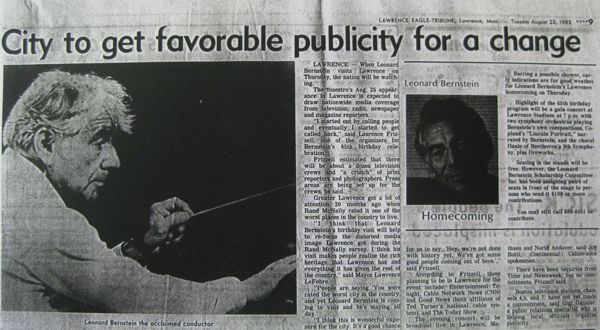About 2 months ago, I received a request from some old friends/current readers for a comment on Glee, the FOX musical dramedy. As of then, I hadn’t seen a single episode. Thanks to the combined magic of iTunes and hulu, I’ve now seen a handful of them, including the final 6 or 7 of the season, and a smattering of episodes from the pre-mid-season break era (said to be the high point of the series).
So, basically it’s like this: Glee, for me, is sort of just good enough. There tends to be a bare minimum in terms of musical/writing/acting quality in a given episode to keep me coming back. But not much more. I don’t think the show ever really figured out the tone of the show. The writing is the main problem; it comes across as very glib much of the time, and what was an especially serious subject matter one week is really just glossed over the next week. The sort of “logic” behind the characters’ various motivations and interactions is dubious at best.
Some of the acting is quite good – Jane Lynch as Sue Sylvester is really about as good as it gets. To me, she’s about the only thing that keeps the show grounded. The two male leads, Matthew Morrison as Glee Club leader Will Schuester and Cory Monteith as Finn Hudson, are just so much milquetoast. It’s just so network television that the leader of the glee club would also have to be the quarterback of the football team, and white, tall, vaguely handsome and like 10 years older than any high school student.
[Speaking of which, isn’t casting people in their mid-20’s as high school students so like 90210? Couldn’t they get someone even passably younger? Hunter Parrish how about?]
I think that the “Puck” character is pretty great too, and the rest of the assorted p.c. cast are up and down. Kurt, the gay boy character is definitely a talented kid, and special props go his performance of “Single Ladies”, even though he didn’t really do all the moves exactly like in the video, but then again, who can, aside from Beyoncé and those men? [And yes, those are men in the Beyoncé video, it says so on no less reliable a source than WikiAnswers, and not JUST the darker-skinned one either!]
The big problem for me is that the musical numbers are always too popified (even for me!), too auto-tuned, too over-produced. For me, the best of the musical numbers have been: Kurt’s “Single Ladies” dance, followed by the whole football team doing it (which, despite its incredibly obvious set-up was still hilariously funny), Kristen Chenoweth’s performance of “Home” from the “first all-white production of The Wiz” (p.s. mad props for using the original orchestration), and… that’s really about it. The Lady Gaga performances were pretty lousy, but then again, I’m not really a fan anyway.
Speaking of Chenoweth, I think her character is another high point in the series – are there any Strangers with Candy fans out there? Doesn’t the Chenoweth character just reek of Amy Sedaris’ Jerri Blank?
One thing that I will give the show points for: there are always actual human beings (high school students/that weird piano guy) playing backup instruments whenever singing is happening. Yes, the orchestrations often become quite enriched beyond the visible musicians, but they tend to be pretty self-aware of the absurdity when that happens. So, that’s good.
Things that were particularly cringe-worthy were: “The Lady is a Tramp” and Idina Menzel.
I’ll probably give Glee another shot when it returns next season, but I’ll likely not devote myself to the series and just wait to find out from other people which episodes featured particular highlights.







